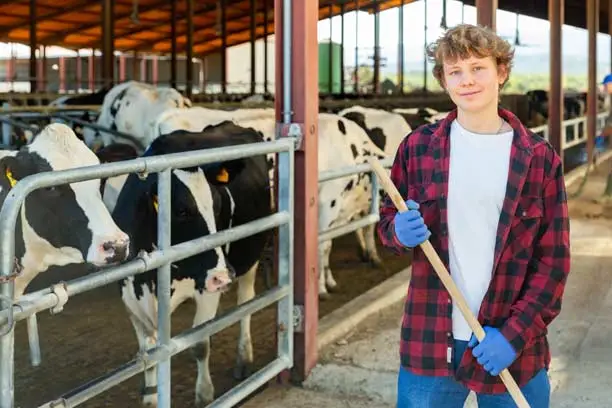Can You Get a Tax Break for Hiring Your Children? Guide for Family Farms


Hiring your children to help on the farm isn’t just a way to teach responsibility and build family bonds — it can also offer meaningful tax advantages. If you’re wondering whether there’s a tax break to pay your kids, here’s what you need to know to stay compliant and maximize your savings.
Hiring your child as a legitimate employee of your farm can unlock several tax benefits:
Before you start writing checks, make sure your hiring practices meet IRS and Department of Labor standards for hiring children in a family business.
Your child must perform actual work that benefits the business — not just chores around the house. Examples include feeding livestock, cleaning equipment, or helping with recordkeeping.
Federal labor and state laws require that tasks be suitable for the child’s age and skill level. For example, children under 16 cannot operate heavy machinery or perform hazardous tasks.
The IRS expects wages to reflect the work performed. Overpaying your child could trigger scrutiny. Use industry benchmarks to determine a fair rate for your child’s wages.
Even when hiring your own child, you must comply with labor laws. This includes completing IRS Form W-4, issuing a W-2, and maintaining detailed records of hours worked and tasks performed.
Hiring your children can be a smart move for your farm and your family — but only if done correctly. From reducing your taxable income to teaching your kids financial responsibility, the benefits are real. Just be sure to follow the rules, document everything and consult a tax advisor to ensure compliance. Connect with a local Farm Bureau agent to learn more about tax-smart strategies for your family business.